Schools leading the trend
Training human resources in the semiconductor industry has been a common trend in Vietnam in recent years, but it will only explode in 2024 because Vietnam is a destination for many large investors around the world. According to the country's general strategy, by 2030, Vietnam will train at least 50,000 human resources with university degrees or higher to serve the semiconductor industry.
To meet this need, since 2023, many universities across the country have quickly developed projects and prepared human resources. By the 2024 enrollment season, more than 10 universities nationwide have opened the Microchip Design - Semiconductor Industry major. In addition, vocational training institutions such as FPT Polytechnic College, Hanoi Industrial Vocational College... have also prepared human resources, programs, and equipment to train human resources in the Semiconductor Technology industry.
Director of FPT Polytechnic College International College Center Vu Hai Long said: FPT is one of the units that strongly commits to developing the Semiconductor Technology industry. In 2024, FPT Polytechnic College was permitted by the General Department of Vocational Education - Ministry of Labor, Invalids and Social Affairs to enroll and train in Semiconductor Technology, college level with 350 targets; currently the number is sufficient.
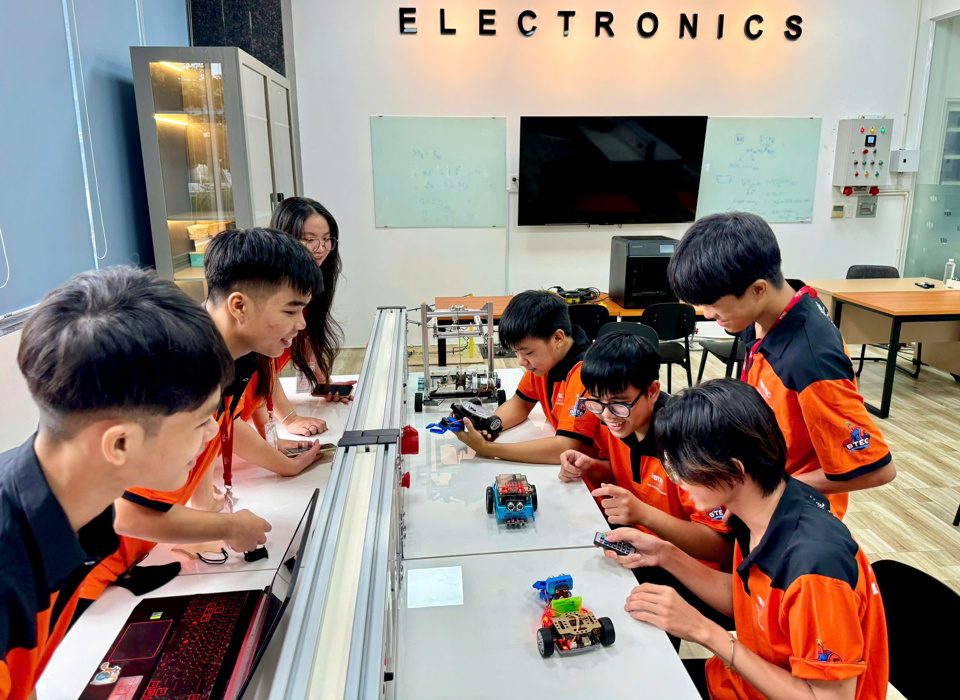
The international standard Semiconductor Technology training program at FPT Polytechnic College is transferred from Pearson Education and Testing Organization in the UK, with a training period of 2 years.
Head of the Information Technology Department of FPT Polytechnic College Do Quoc Binh shared that in terms of program structure, the school sets a ratio of 50% theory and 50% practice. Because this is a college program but oriented for students to be able to transfer to university, the theory part is a bit more than other college training programs.
Semiconductor Technology graduates at college level can absolutely continue studying this major at university level at international universities that accept the standards of Pearson Education and Testing Organization (students continue to study at university from the third year; skipping the first two years because some theoretical subjects have been studied at college).
Students can also choose to continue studying Semiconductor Technology at FPT University, international universities in Vietnam or international universities that recognize the training program. Or, after graduating from college, students can immediately work in positions related to packaging and testing.
“FPT University has a policy of sending students to advanced countries and territories such as Japan, Korea, Taiwan (China) to study and work in the field of semiconductors. Therefore, in the past, the school has signed many cooperation agreements with foreign partners so that graduates can go to those countries to study and work, and later, when they have experience and knowledge, they can return to Vietnam” - Mr. Vu Hai Long shared more.
Human resources ready
With the policy of taking shortcuts and being at the forefront in training human resources in the Semiconductor Technology industry, Hanoi Industrial Vocational College (HNIVC) has integrated Semiconductor specialized modules into the training programs of the two majors Mechatronics and Electrical - Electronic Engineering. Students will learn about printed circuit board design and PCB semiconductor manufacturing processes, helping them to be ready to meet job requirements after graduation.
In addition, the school has prepared human resources when opening the Semiconductor Technology major; sent lecturers to participate in short-term training courses on chip design and have been granted certificates. Regarding equipment for Semiconductor Technology training, the school has been mobilizing resources from businesses.
By August 2024, the leaders of HNIVC School signed a cooperation agreement with TLB Vina Co., Ltd. - one of Korea's leading companies in the field of semiconductor technology, specializing in microchip manufacturing.
According to the agreement, TLB Vina Company Limited will provide textbooks and specialized documents on PCB semiconductor manufacturing stages to lecturers of HNIVC School to improve teaching quality and ensure the training program is close to actual production.
Currently, this company is in need of recruiting hundreds of practical engineers to meet the production output of up to 30,000m2 of PCB boards per month. Therefore, TLB Vina Company Limited commits to recruiting students of the school after completing the Semiconductor training program. The expected salary for the recruited positions ranges from 15 - 30 million VND/month, depending on the candidate's ability and experience.
Currently, HNIVC has worked with Lunghwa University of Science and Technology (Taiwan) which has trained in Semiconductor Technology. Accordingly, in the 2024 school year, the school will enroll 70 students to study Electrical and Electronic Engineering Technology and 26 students will register to study under the Semiconductor program of Lunghwa University of Science and Technology.
Deputy Head of the Faculty of Electrical and Electronics, HNIVC Phan Van Vuong said: in 2.5 years, students are trained in basic knowledge of the Semiconductor major. After graduation, students will go to Taiwan to study Semiconductor Technology at Lung Hoa University of Science and Technology. When students graduate from university, they will be recruited to work at a Taiwanese (Chinese) corporation for a minimum of 2 years with a salary of 30,000 NTD/month.
After 2 years, students can stay and continue working long-term (if they want) or return to Vietnam to work at Taiwanese chip design companies. The salary they receive depends on their job position and ability, chip design position is 40 - 50 million VND/month; packaging and production is 20 - 30 million VND/month.
In the current reality, many businesses have a need to recruit Semiconductor Technology personnel with a good income, but colleges do not have a Semiconductor Technology job code. Therefore, to be trained in Semiconductor Technology, specializing in Semiconductor, colleges choose the solution of linking with universities abroad.
But to implement the national strategy of training 50,000 human resources in the semiconductor industry, colleges hope that the Ministry of Labor, Invalids and Social Affairs and the General Department of Vocational Education will soon issue the Semiconductor Technology industry code. On the part of the State, provinces and cities, invest in training equipment for Semiconductor Technology schools, especially testing.
Only then can vocational training institutions open majors, enroll students, and train human resources in Semiconductor Technology to serve the country's development needs.
Semiconductor Technology is quite selective of learners. To work in the Semiconductor Technology industry, learners must have relatively good logical thinking. And one indispensable thing is to have a passion for all technical fields and English ability from EILTS 5.5 or higher.
Director of International College Center, FPT Polytechnic College Vu Hai Long
Source: https://kinhtedothi.vn/nganh-cong-nghiep-ban-dan-nghe-cua-tuong-lai.html


![[Photo] Ho Chi Minh City after 50 years of national reunification through buildings and symbols](https://vstatic.vietnam.vn/vietnam/resource/IMAGE/2025/4/15/a224d0b8e489457f889bdb1eee7fa7b4)
![[Photo] Welcoming ceremony for Prime Minister of the Federal Democratic Republic of Ethiopia Abiy Ahmed Ali and his wife](https://vstatic.vietnam.vn/vietnam/resource/IMAGE/2025/4/15/77c08dcbe52c42e2ac01c322fe86e78b)

![[Photo] National Assembly Chairman Tran Thanh Man attends the summary of the organization of the Conference of the Executive Committee of the Francophone Parliamentary Union](https://vstatic.vietnam.vn/vietnam/resource/IMAGE/2025/4/15/fe022fef73d0431ab6cfc1570af598ac)
![[Photo] Air Force actively practices for the April 30th celebration](https://vstatic.vietnam.vn/vietnam/resource/IMAGE/2025/4/15/16fdec3e42734691954b853c00a7ce01)
![[Photo] General Secretary To Lam meets with veteran revolutionary cadres, meritorious people, and exemplary policy families](https://vstatic.vietnam.vn/vietnam/resource/IMAGE/2025/4/15/7363ba75eb3c4a9e8241b65163176f63)


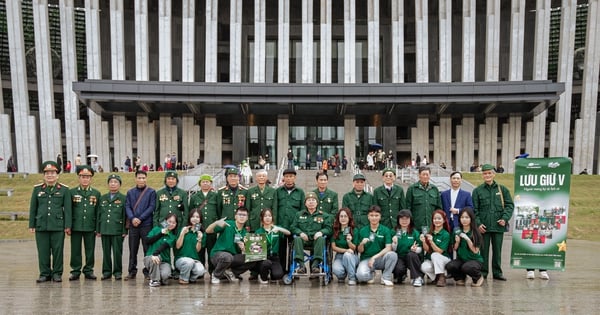

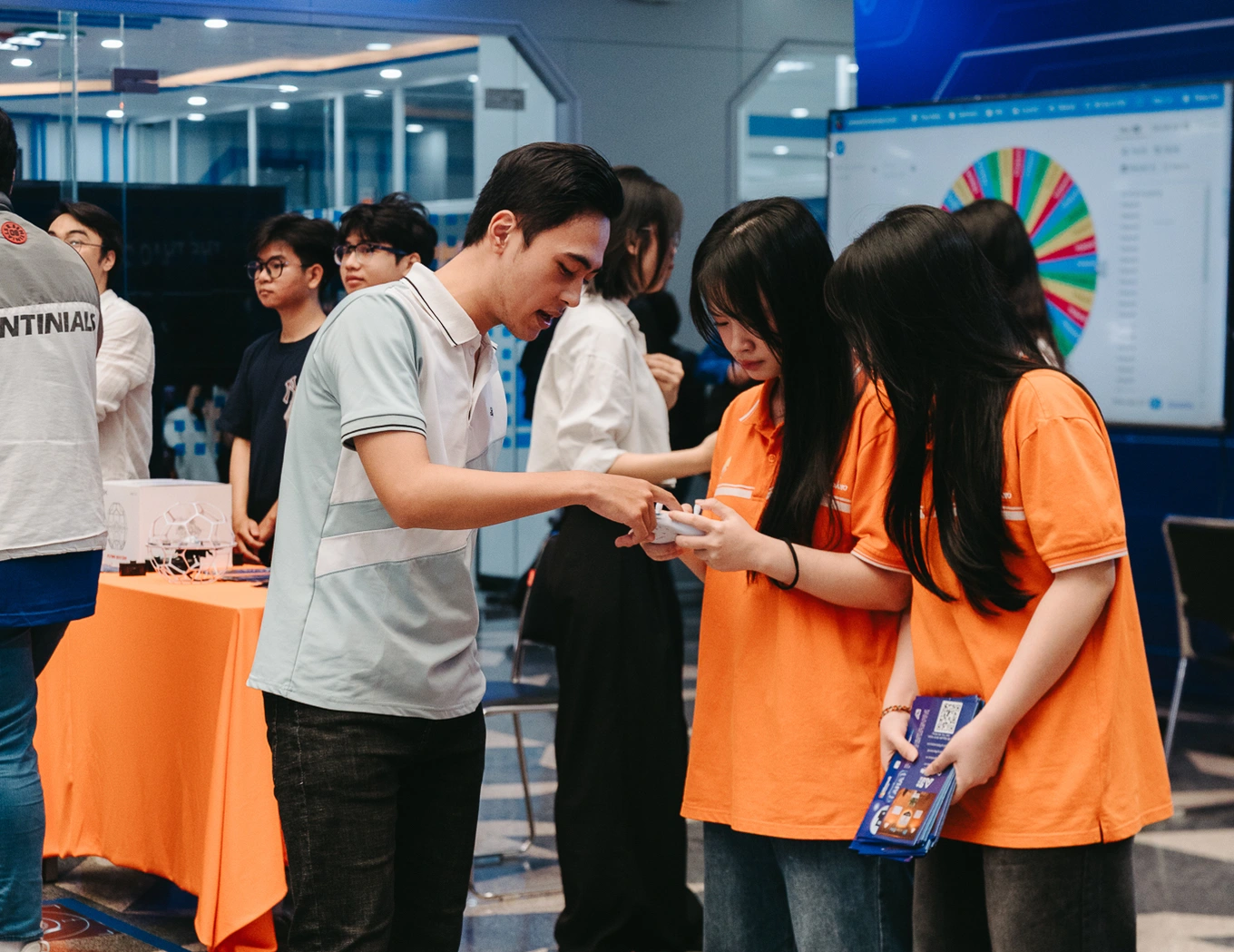
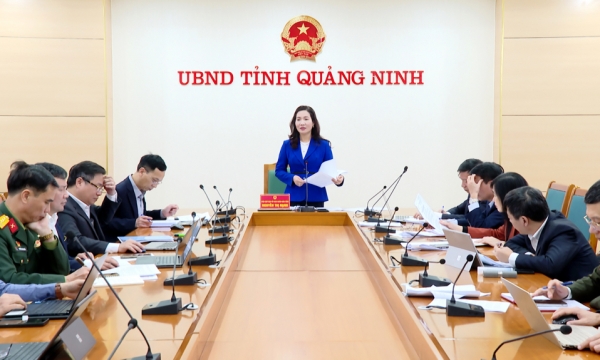

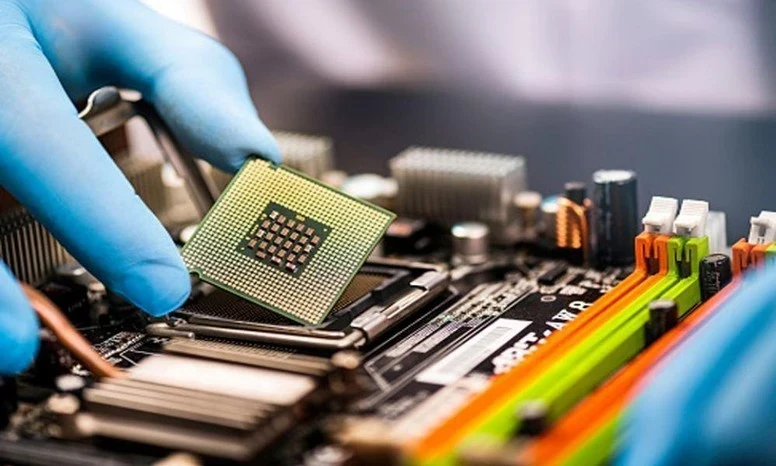
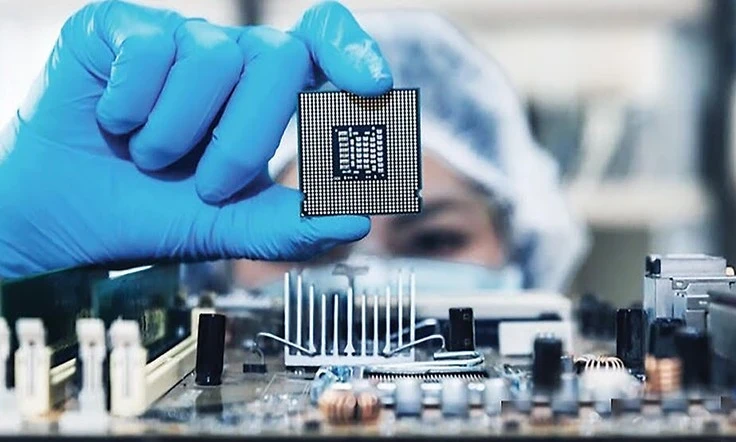

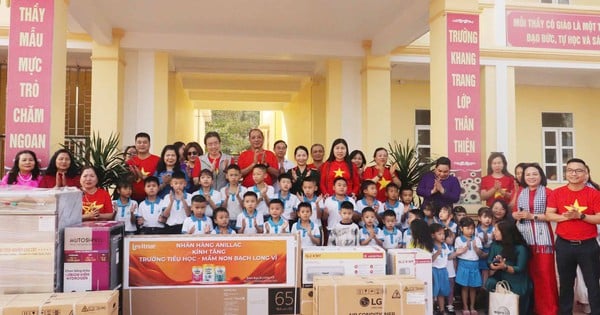
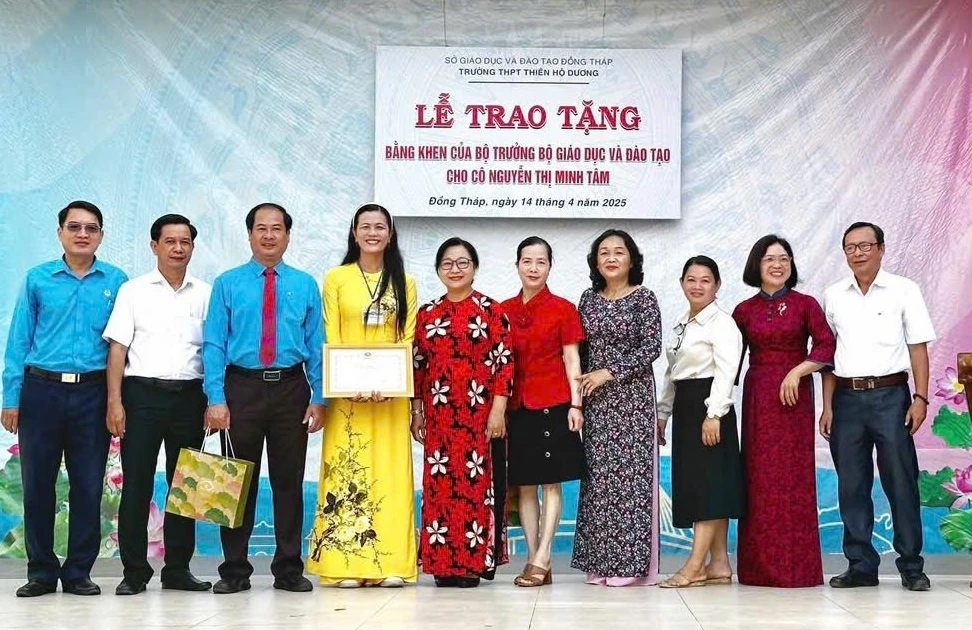

![[Video] On April 15, candidates can try to register for the High School Graduation Exam](https://vstatic.vietnam.vn/vietnam/resource/IMAGE/2025/4/15/8b898ec7b2994006b9cefcf53d6916f5)
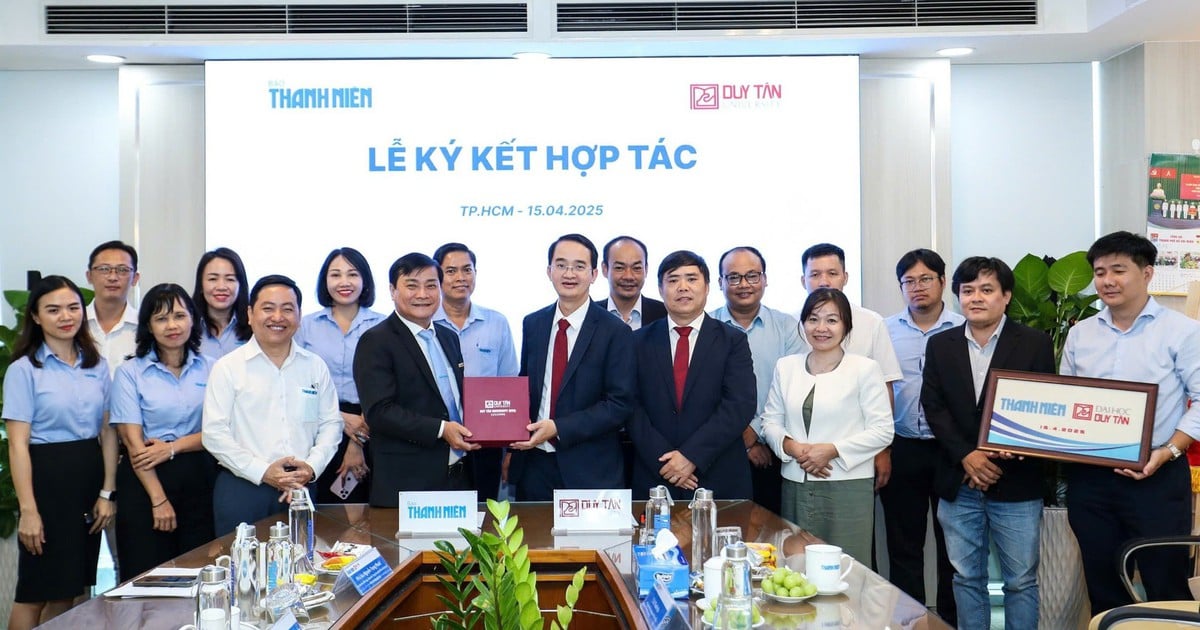










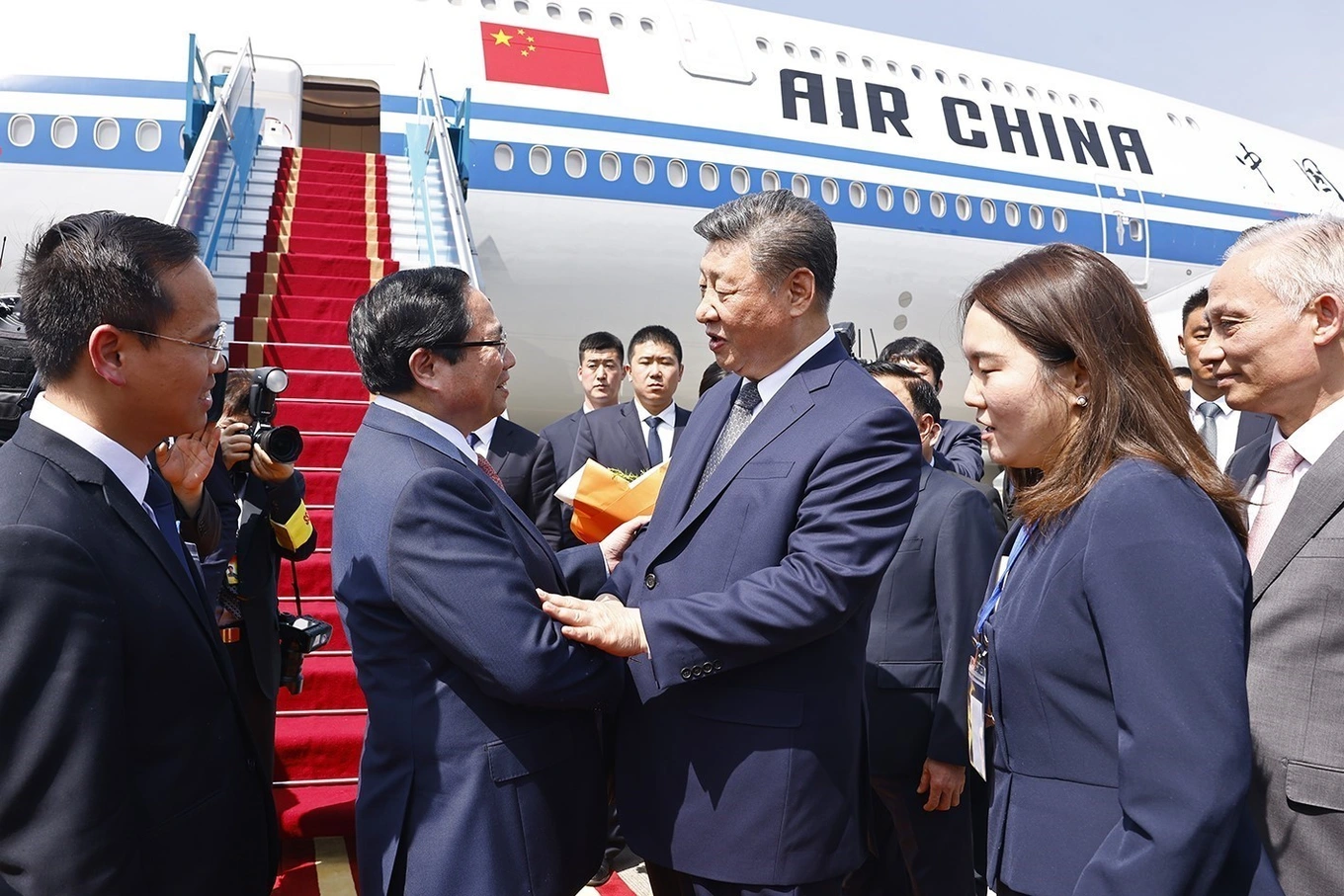










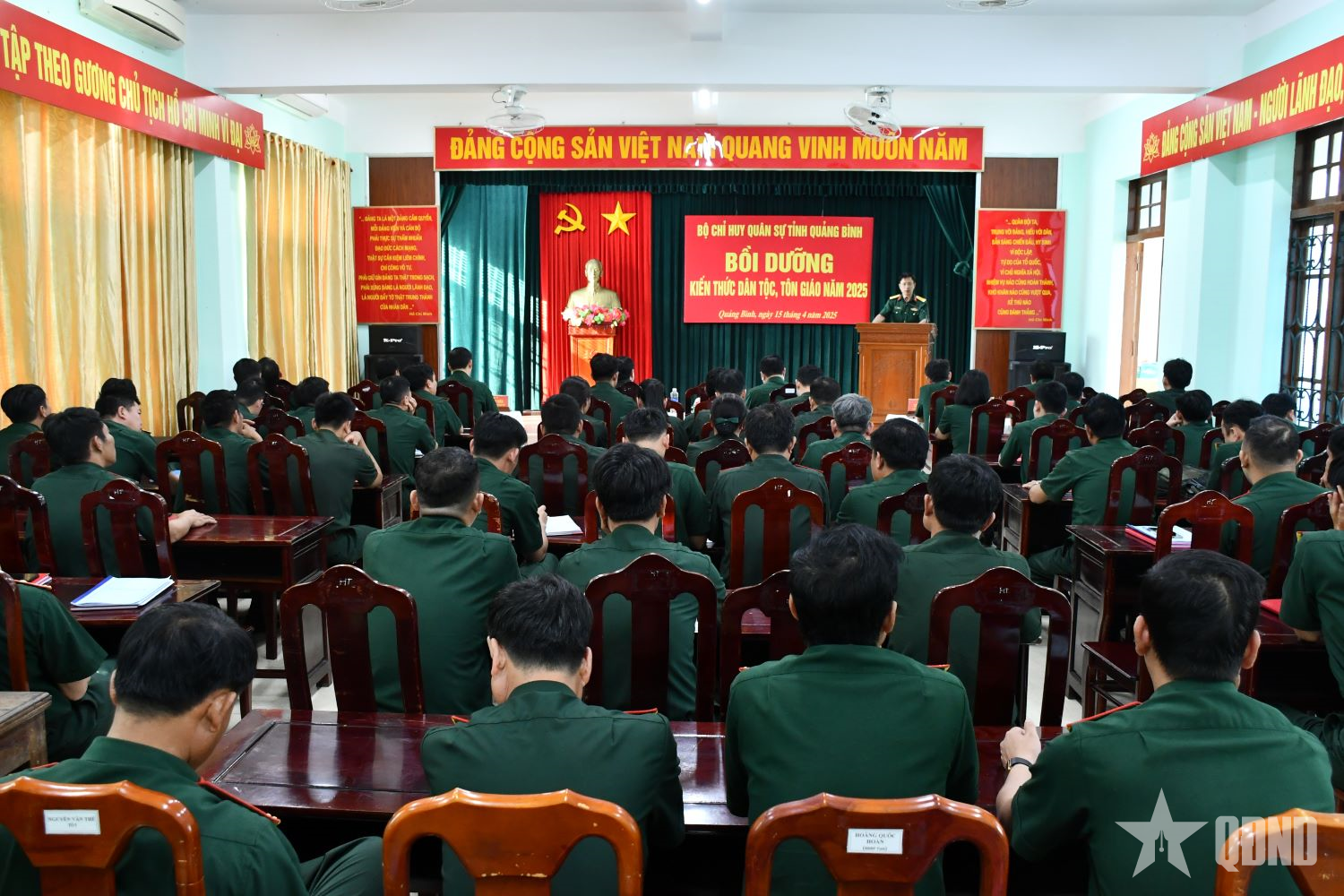



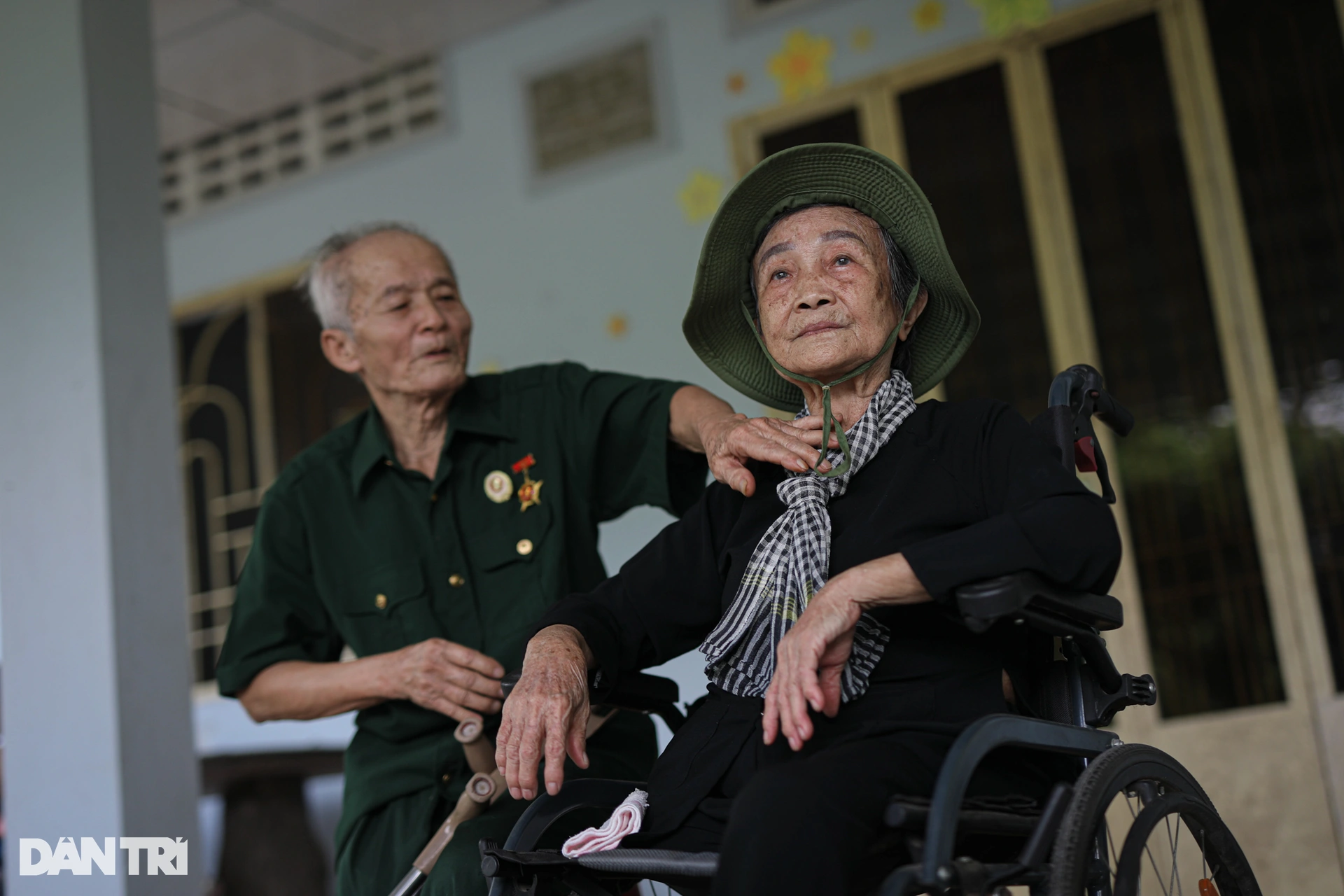








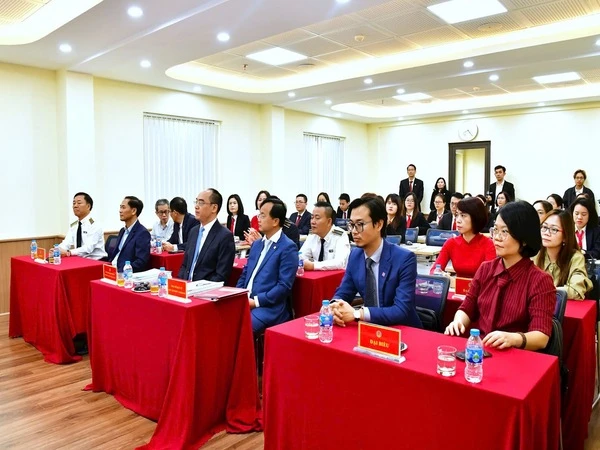



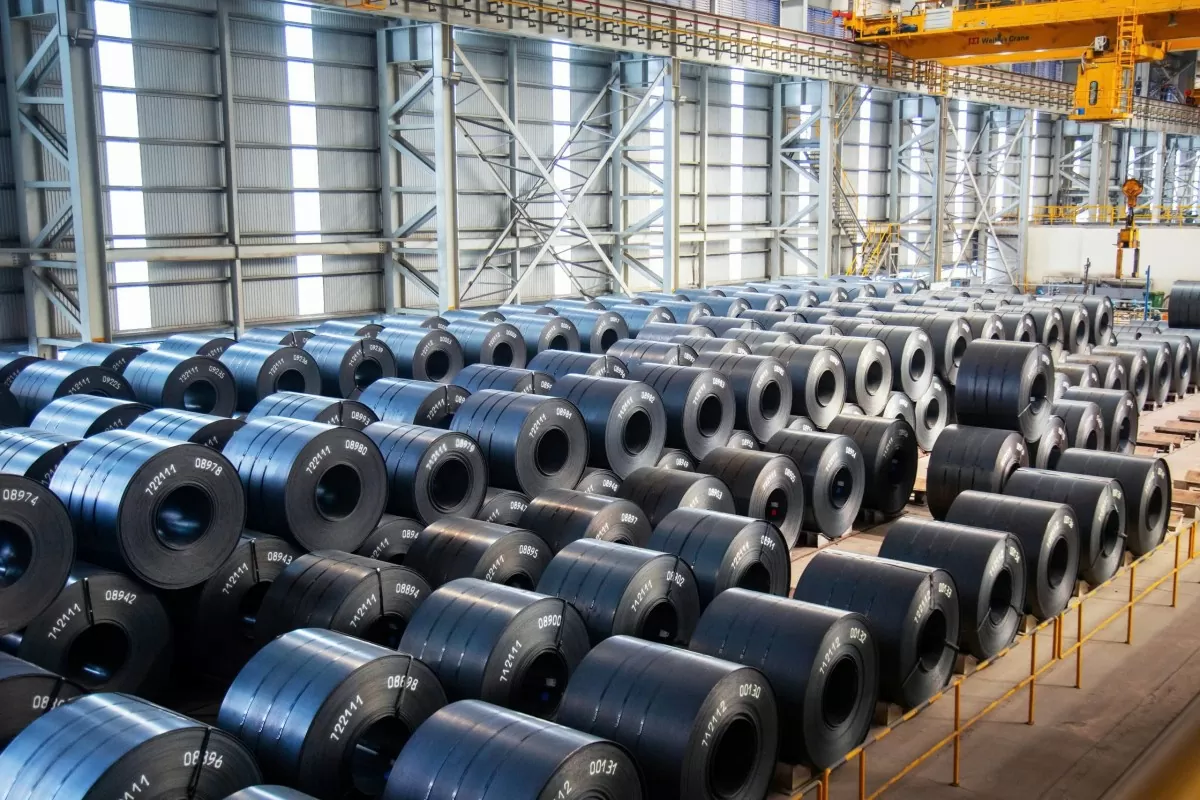







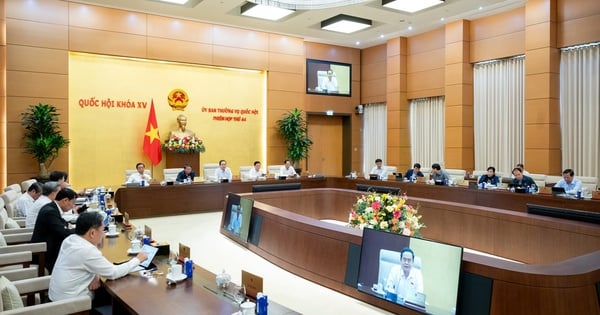




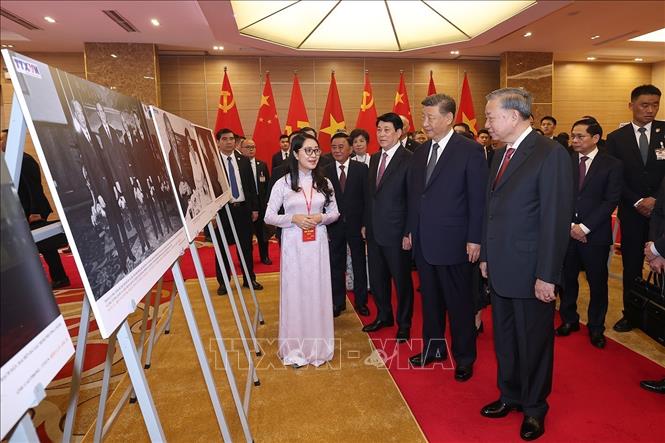

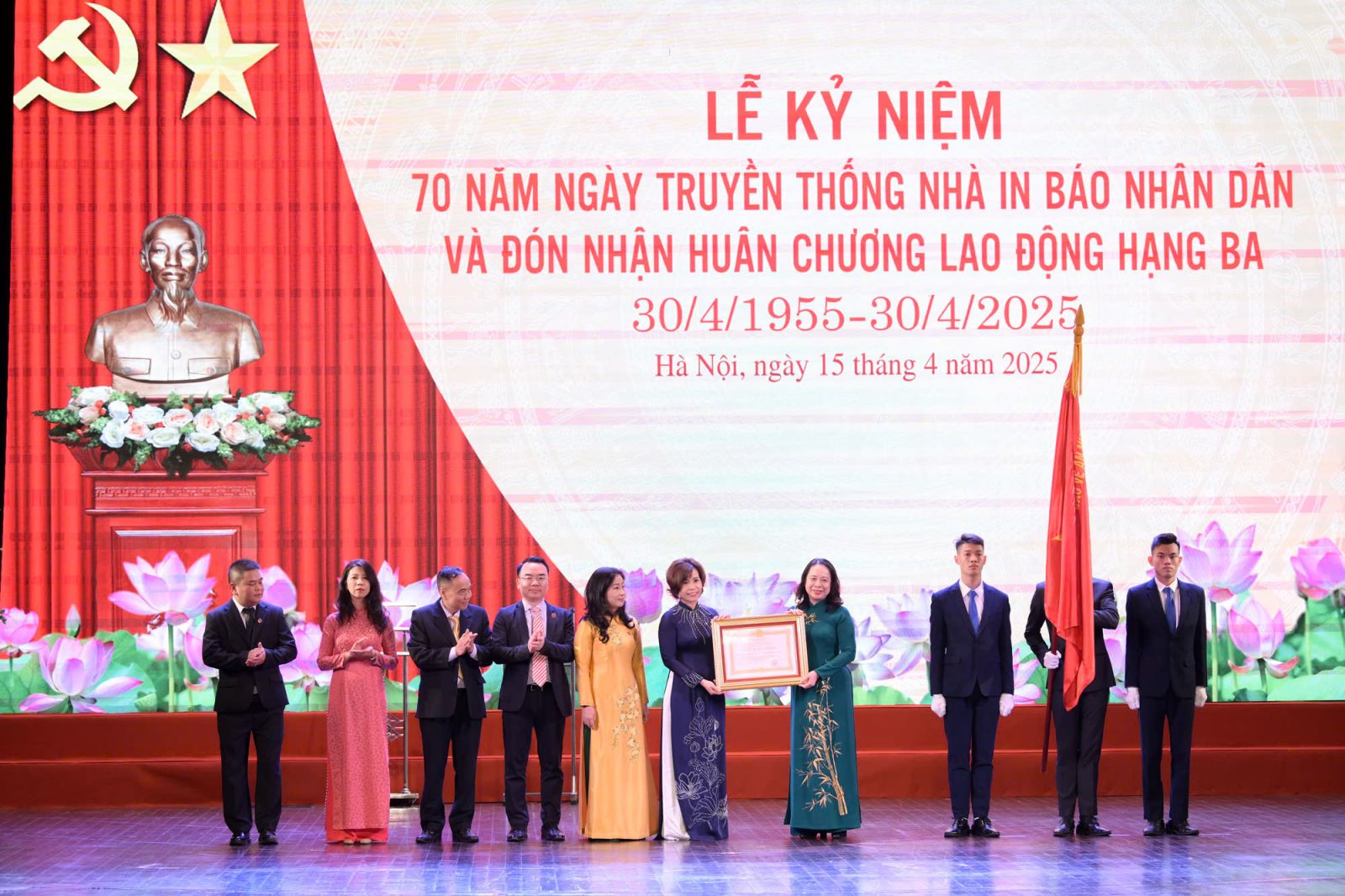

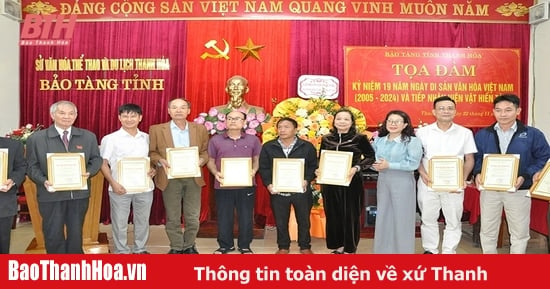
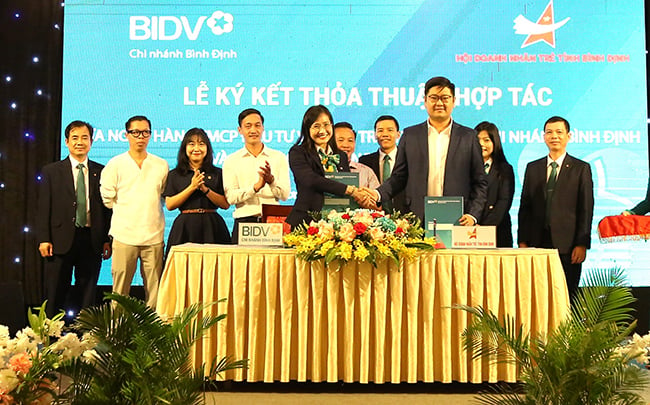










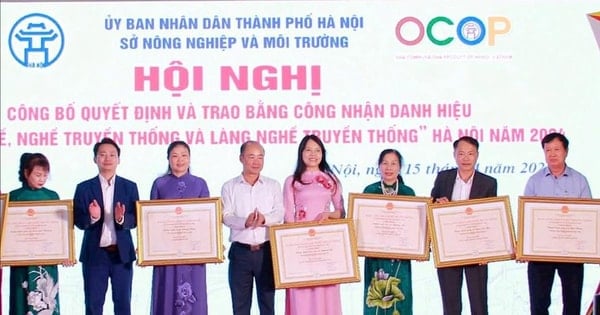


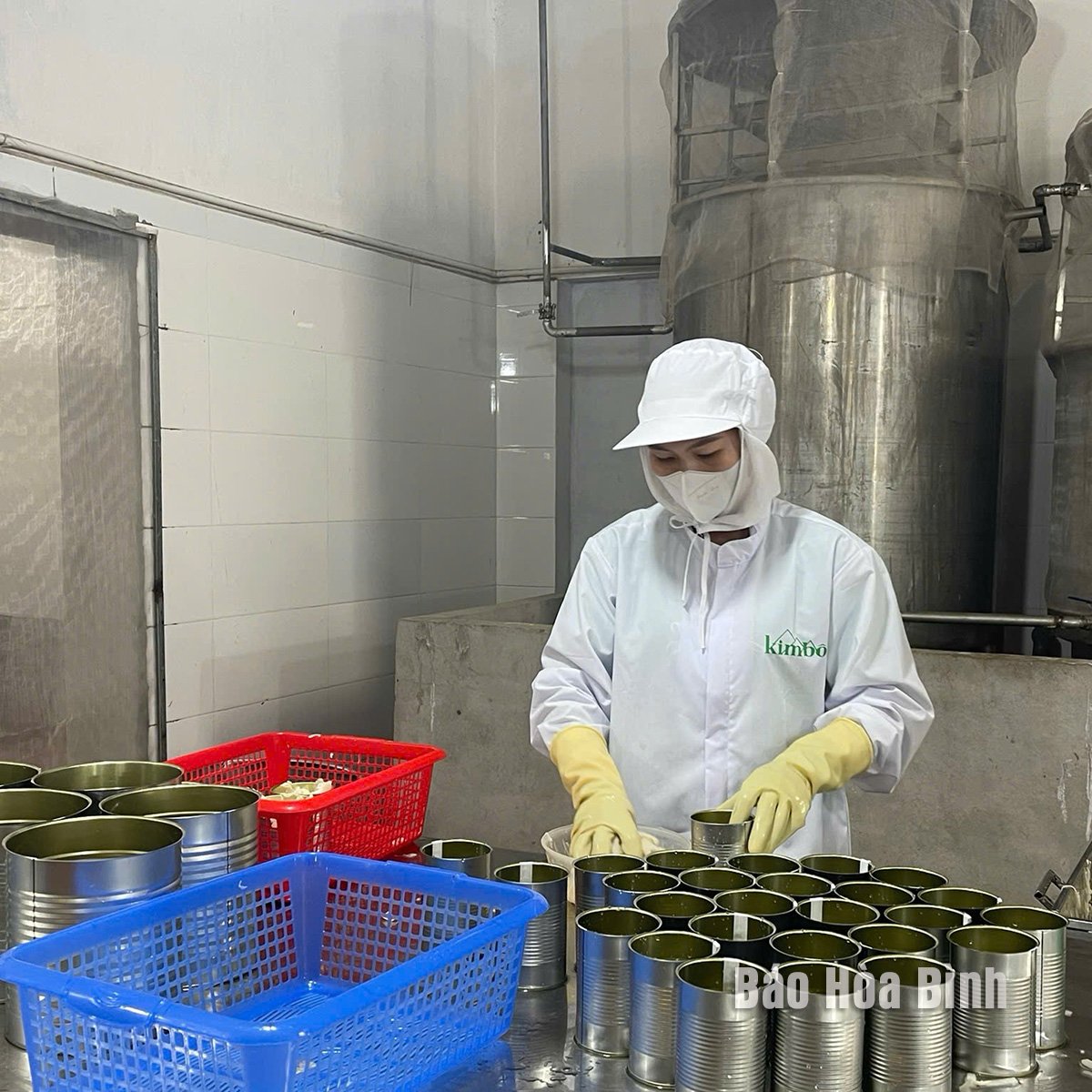

Comment (0)